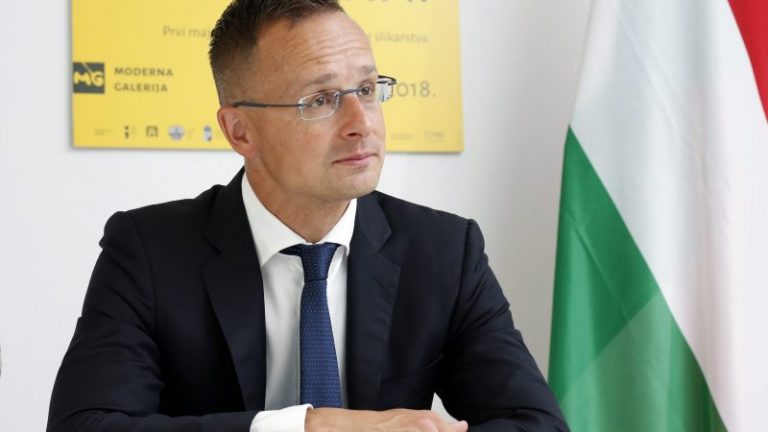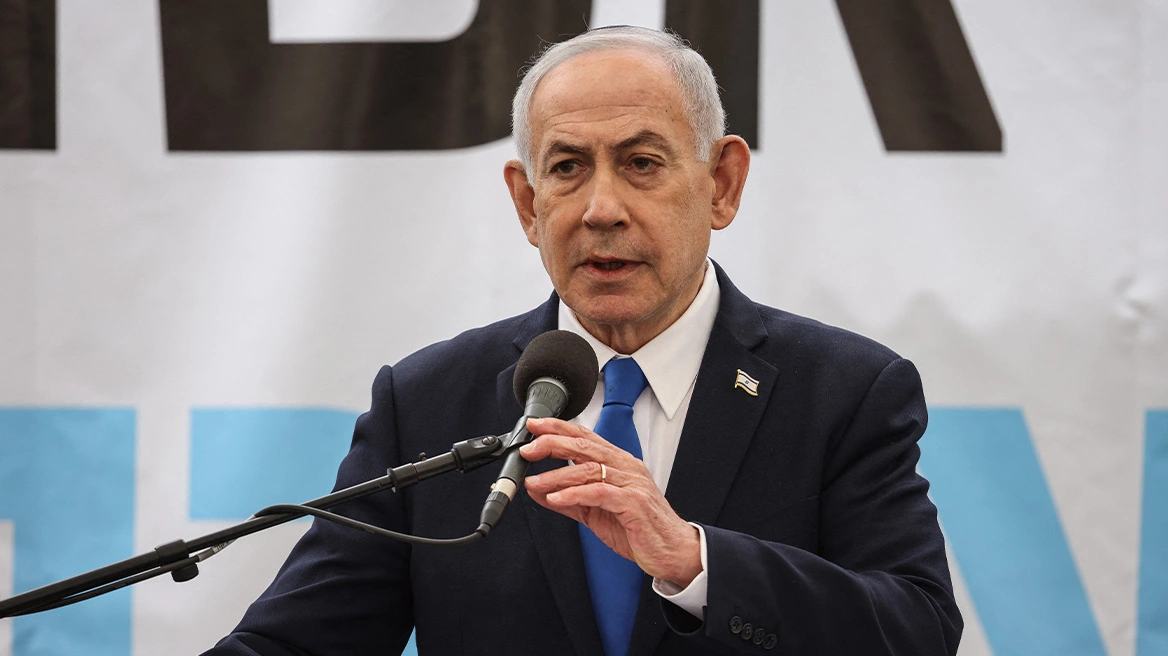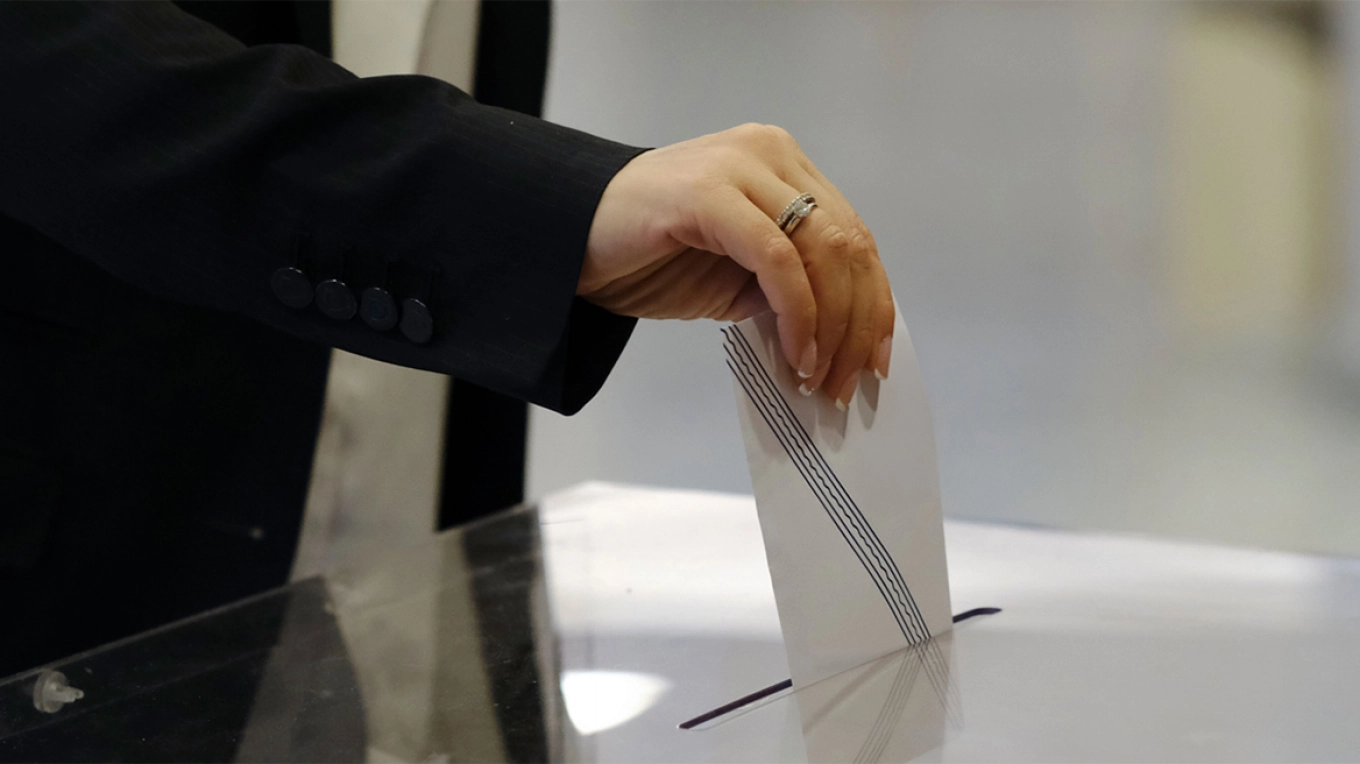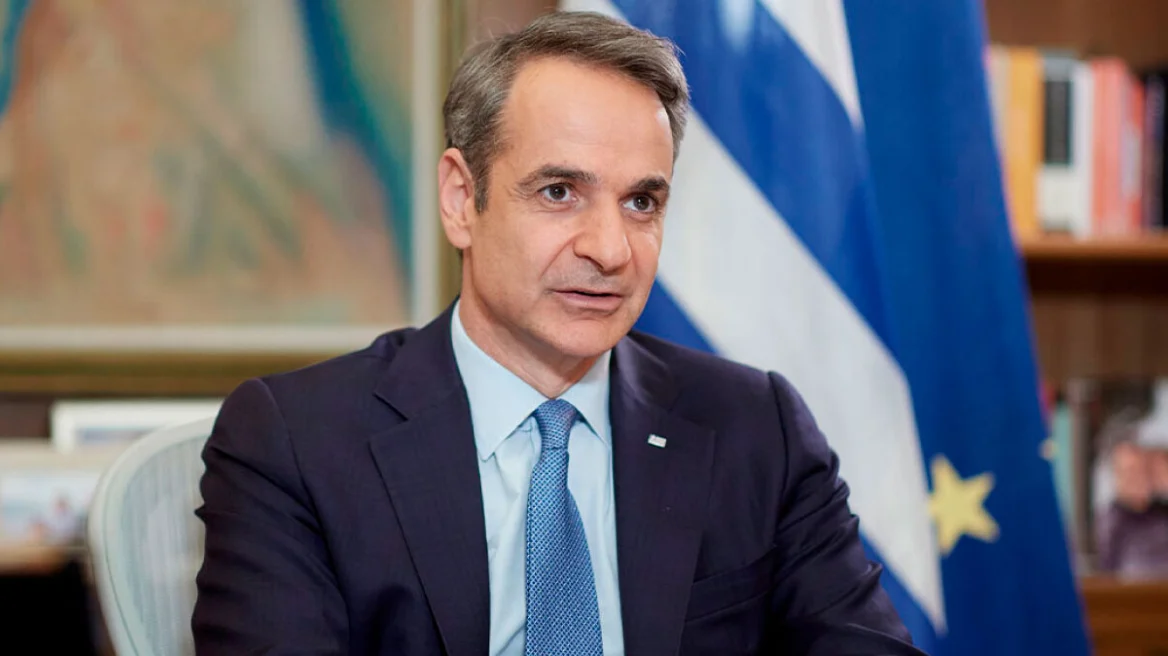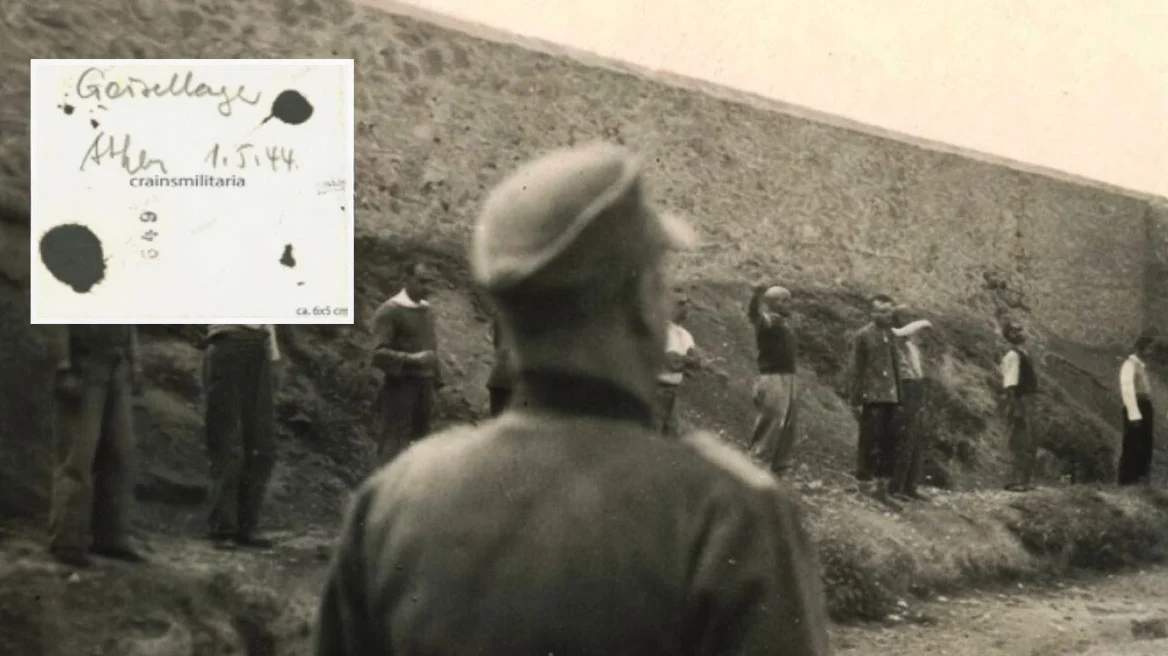The EU socialists have shaped the center-right European People’s Party (EPP) more than the other way around and this should stop, Hungarian Foreign Affairs Minister Péter Szijjártó told EURACTIV Croatia in an interview.
“It no secret that we would rather see the EPP opening more to the right than to the left, but everything will be decided soon. The EPP has to start representing Christian democracy again, and the key issue for us, the one that will eventually decide our future, might be migration policy,” he said.
Croatia is one of the 14 member states that signed the memorandum for migration quotas. Hungary was not. What’s your comment on that?
This whole EU migration policy is very dangerous. We have had a massive influx of illegal migrants in 2015, and since then there have been 33 terrorist attacks conducted on the EU territory. The attacks committed by people with a migrant background were responsible for 330 victims that have been killed since then.
Parallel societies are constantly being created in western societies, which is proof that the policy of integration has not resulted in success. The crisis in the Mediterranean keeps emerging, and even after five years, we are not getting any closer to finding a solution. There are 35 million people in our immediate neighbourhood ready to come to Europe very soon.
The EU should primarily be focused on securing its borders. Sovereign nations should reserve a right to unilaterally decide who can enter the territory. We have decided that we would like to preserve Hungary the way it is. There might be other countries in Europe that are prepared to create mixed societies, but we are not. For us, the migration is not the answer to demographic challenges.
Is the Spitzenkandidaten system already dead?
The Spitzenkandidaten system was not written in any European treaty, and as such, it was an artificial creation from the very beginning. You can be certain that nobody voted for Fidesz in Hungary just because Manfred Weber was the lead candidate of the European People’s Party (EPP). As far as I hear from other colleagues, it was very similar in the other member states.
Some of our fellow politicians were not aware of the Spitzenkandidaten system. However, that debate has a much deeper meaning, because there are two basic approaches when it comes to the structure and the future of the EU. One approach claims that the EU should be a supranational institution; the United States of Europe, with strong Brussels and weak member states. The other states believe that the biggest power should be given to sovereign nations, thus, they perceive the EU as the integration of sovereign countries
To have a strong EU, you have to have strong member states. For us, the key is that the EU is a Union of member states, and in that way, the European Council should stay in charge of nominating candidates for key roles. Also, all candidates should treat the member states with respect, while [the center-left Spitzenkandidat] Timmermans and Weber were not obeying that rule.
Timmermans was spreading lies about Central European countries, and that was unacceptable. On the other hand, Weber stated in an interview that he does not need Fidesz’s support to become the Commission’s president. He made a statement that if it depends on the votes of the Hungarians, he does not want to become the president of the European Commission. This means that he considers Hungarians less valuable than other Europeans. This is again, unacceptable.
Read more the full interview HERE
Ask me anything
Explore related questions
